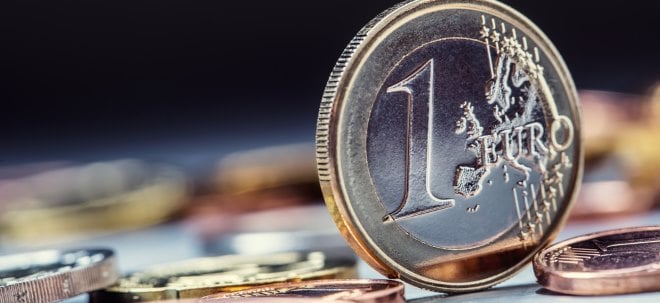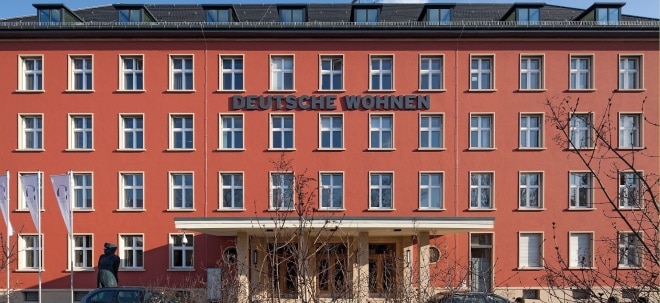hier die quelle Stocks May See ‘Correction’ of 10%, Marc Faber Says (Update3)
April 7 (Bloomberg) -- Marc Faber, the investor who recommended buying U.S. stocks before the steepest rally in more than 70 years, said the Standard & Poor’s 500 Index may drop as much as 10 percent before resuming gains. The measure may decline to about 750 and rebound after July, Faber, 63, said in a Bloomberg Television interview in Singapore. Global stock markets are unlikely to fall below their October and November lows, he said. “We need some kind of correction, maybe around 5 to 10 percent, and after that we can maybe rally more into July,” said Faber, the publisher of the Gloom, Boom & Doom report. “The economic news, while it won’t be good, the rate of getting worse will slow down.” The S&P has rallied 25 percent from a 12-year low since March 9, when Faber advised investors to buy U.S. stocks, saying government actions will boost shares. Asian equities are among the best bets for global investors because they are attractively valued and will benefit the most from a global economic rebound, Faber said. He told investors to abandon U.S. stocks a week before 1987’s so-called Black Monday crash and said in August 2007 that U.S. shares were entering a bear market. The S&P 500 peaked two months later before retreating as much as 57 percent. Commodities, Banks Faber said he bought some commodity producers in November and is now less “interested” in these companies after some stocks more than doubled. He is also buying some bank stocks and predicted that Citigroup Inc. shares could “easily rebound” to around $5 from $2.72 currently. “The rebound potential for some of these banks and financial institutions is quite high,” Faber said. George Soros, the billionaire hedge-fund manager who made money last year while most peers suffered losses, is less optimistic, saying the banking system is “seriously underwater” with banks on “life support.” The four-week rally in U.S. stocks isn’t the start of a bull market because the economy is still contracting and there’s a risk the U.S. falls into a depression, Soros also said in a Bloomberg Television interview yesterday. Citigroup lowered its rating on U.S. equities to “underweight” from “neutral,” saying the rally is set to end and the market’s valuations are less attractive, strategists led by London-based Robert Buckland said in a report yesterday. S&P 500 futures expiring in June were unchanged at 830.40 at 12:35 p.m. in Singapore. ‘Better Value’ In Asia, stocks offer “much better value” than U.S. shares, and investors should seize the opportunity to buy the region’s equities on “every setback,” Faber said. Japanese stocks also “look interesting,” he added. “If you buy Asian equities in the next three months, over the next five to 10 years, for sure you will make money,” he said. “Asian exporting countries will benefit the most from an expansion when it happens.” Faber is less favorable on bonds, saying they are entering a “long-term bear market” that can last for the next 15 years to 20 years. Investors should also diversify into the currencies of Canada, Australia and Singapore because in the U.S. dollar “may weaken somewhat,” he added. The dollar has strengthened against all of the so-called Group of 10 currencies except the yen in the last 12 months, according to data tracked by Bloomberg. Faber still advises investors to buy gold even though the precious metal is going to be “dead money” in the next three to six months. He plans to buy more gold if prices drop to between $750 and $800 an ounce, he added. Prices retreated yesterday to $872.8, the lowest in more than two months. To contact the reporter on this story: Chen Shiyin in Singapore at schen37@bloomberg.net; Susan Li in Hong Kong at sli31@bloomberg.net Last Updated: April 7, 2009 00:52 EDT http://www.bloomberg.com/apps/...03&sid=ab8tlTJxNOSE&refer=us |


 Thread abonnieren
Thread abonnieren

